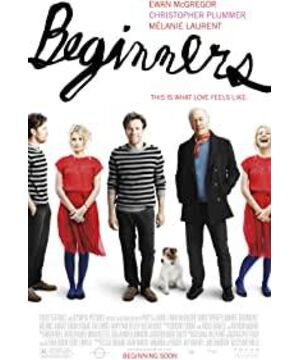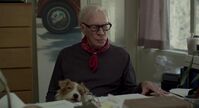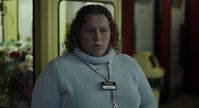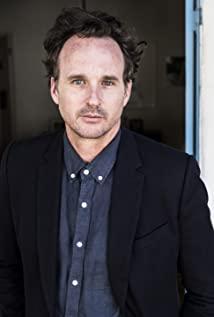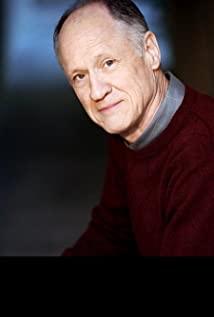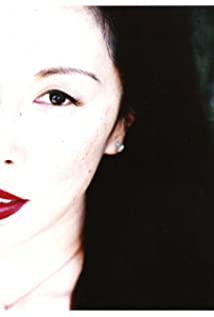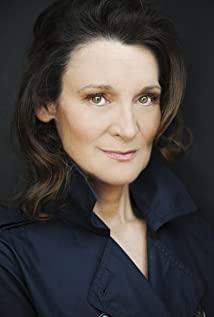Looking at Oliver, the sad man, walking alone on the night lawn with his father's puppy after his death, I thought of a quote from French analyst Andre' Green:
"The person involved unconsciously identifies with the dead mother (me're morte), who is spiritually non-existent to her child, engrossed in her own mourning or melancholy. Such a dead mother becomes an integral part of the child. The "dead-heart" part (une partie moritifi'ee) forms a hole in their narcissistic organization, a forbidden area occupied by negative traits (ne'gativ'e), unable to connect with the network of representations, Nor can it be meaningful. "
Past memories flashed, little Oliver saw his mother look forward to his father's kiss day and night, but always got a routine perfunctory, the kiss had no expression or warmth, and the mother's eager face gradually lost its soft lines, leaving only some kind of love. The heart-death and arrogance of fate disarming and surrendering.
So the child, who was very close to his mother, agreed with his mother's death. In the film, the game between mother and child expresses this identification: when the mother experiences rejection by her husband, she directly projects her undigested emotions on the child, and the mother and child convey this sadness through ritual "acting":
For example, a mother casts a spell on a child to cause him to faint, or pretends to shoot Oliver to death. Bored mothers are still derailing performances in museums, or panicking on the street, saying to their children, "You show the way, I'll drive." This woman, who has lost her direction in the future, actually wants to guide the direction of the child who has not yet experienced the world. Just as we have seen too many "parented" children become worried later, the director expresses the deep sadness with Dan Ran's brush.
No wonder Oliver was always alone when he grew up, and was only willing to go out socializing after being urged by his friends. When his father asked him why he was still undecided, Oliver replied leisurely, "I don't want to repeat the mistakes you made with your mother."
I think Oliver is not only dead on relationships, but completely dead on life.
Such a man is destined to meet such a woman, just like Oliver met Anna in a dress-up kick, repeating the intimacy with his mother when he was a child. Their encounter was interesting, with Oliver playing Floyd and Anna dressed as a mute, leaning back in a chaise lounge for Oliver's analysis. This scene implies that Anna is also a "patient" with scars. Their communication can only be done through the word cards written by Anna. It seems that this silent and limited communication method can make the two feel safe.
What followed was a long list of unexplained dates. Friends once complained to me that the director spent too much time describing their dates; paradoxically, the romance of such a date was entirely constructed in an atmosphere with no past and no future. In; the two can only grasp the present, and have a tacit understanding not to pierce each other's secrets. Only when Anna can't hold the moment she wants to leave, or when she's so depressed that she can't stop crying. Oliver was shocked to realize that the huge shadow behind Anna, with the trauma of past domestic violence, made this woman unable to trust anyone and love. It turns out that the reason why the two souls throbbed is because they recognized the lingering melancholy behind each other, but it was this melancholy that made them afraid of entering each other's lives, so they were unsustainable and doomed to fail. .
In a scene where Oliver ran to New York to save his lover, through the director's lens, we were surprised to find that this mysterious lover's hibernation was so desolate, like a refugee's residence. Even more unbearable than Oliver's lonely, empty apartment. It was also because of this apartment that Oliver suddenly understood Anna's incomprehensible words and deeds and erratic whereabouts. Give Oliver a chance to think that it's not his fault that his mother's depression was in the past, and even if he wants to save her, don't blame himself for the failure. Back in reality, Oliver certainly didn't have to feel guilty for not being able to make Anna happy.
If two unhappy souls still want to love each other, what they need is not dodging and self-blame, but frankness and courage.
View more about Beginners reviews


